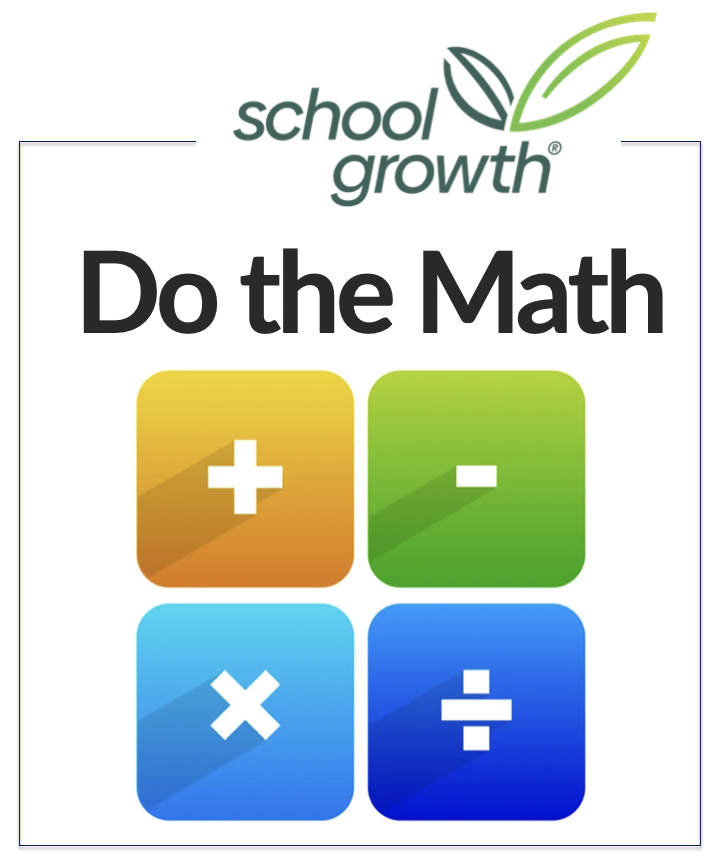
Do the Math: Knowing Your Sign is a Formula for Success
"What’s your sign?" Usually, that's a reference to folklore based on one's birthdate, where one’s personality and fate are determined by the stars.
But in reality, we all formulate a different sign that is a telling measurement of the value we create. I’m talking about a mathematical sign. People have their own signs that indicate how to deal with them and how they contribute to the whole.
When we do the math, we examine the evidence—both formal and informal feedback—to consider the logical conclusion and are more likely to discover how we contribute to the advancement of everyone. Everyone has a sign, and it matters!
If people do not believe that mathematics is simple, it is
only because they do not realize how complicated life is.
— John von Neumann
Math gets mixed reviews. Some people love math, and some hate it.
What do you call someone who loves Math?
Math aficionado.
Numberphile.
‘Rithmatic Nerd.
None of those names are very good.
Math requires knowing the signs and the order of operations—the rules that determine which operations to perform first in order to accurately evaluate a given mathematical expression.
People have signs too.
For example, recently, Tammy and I enjoyed the company of a friend who helped us complete a big project. Through her joyful spirit, inexhaustible work ethic, and expert guidance, she was a great big plus by helping us achieve the desired results while also elevating the experience.
She was definitely a positive person, a valuable addition, and an added benefit. Celebrating completion was even sweeter because of the collaborative work that was accompished together.
When people don't have any curiosity
about themselves, that is always a bad sign.
— Irvin D. Yalom
We all have a sign.
Some are plus signs, consistently adding value to others and the whole organization.
Some are minus signs, using negative words and habits to choke productive growth.
Some are multipliers, exponentially elevating the spirit and capabilities of the team.
Some are dividers, ruining relationships and fostering unhealthy silos of discontent.
(By the way, I learned that the division sign ÷ is called an obelus. I'd never heard that before.)
Variability in our sign reduces absolute value and increases the probability of stress. That makes it harder to read people and know what to expect from them. Highly effective educators are intentional and consistent with their sign.
It makes a statistical difference when we are constant in our expressions and mode, increasing the odds of achieving the desired outcomes and sustaining vital trust.
One gives freely, yet grows all the richer;
another withholds what he should give,
and only suffers want.
— Proverbs 11:24
We all have our sign.
Obtuse, irrational behavior is the greatest common factor in dysfunctional schools. It steals the joy and undermines the trust. Staying open to verbal and situational feedback is a formula for success—evaluating the quality of our influence and making adjustments to our sign makes a difference and is evidence of our wisdom.
Do the math and be intentional with your sign this week, my friend, because you are so much greater when you live on purpose.

.png?width=1000&height=199&name=SG-Logo3-Transparent-1000x199px%20(1).png)

.jpg?width=100&height=100&name=elementary%20student%20squeezing%20a%20stuffed%20animal%20while%20holding%20their%20breath%20(1).jpg)


